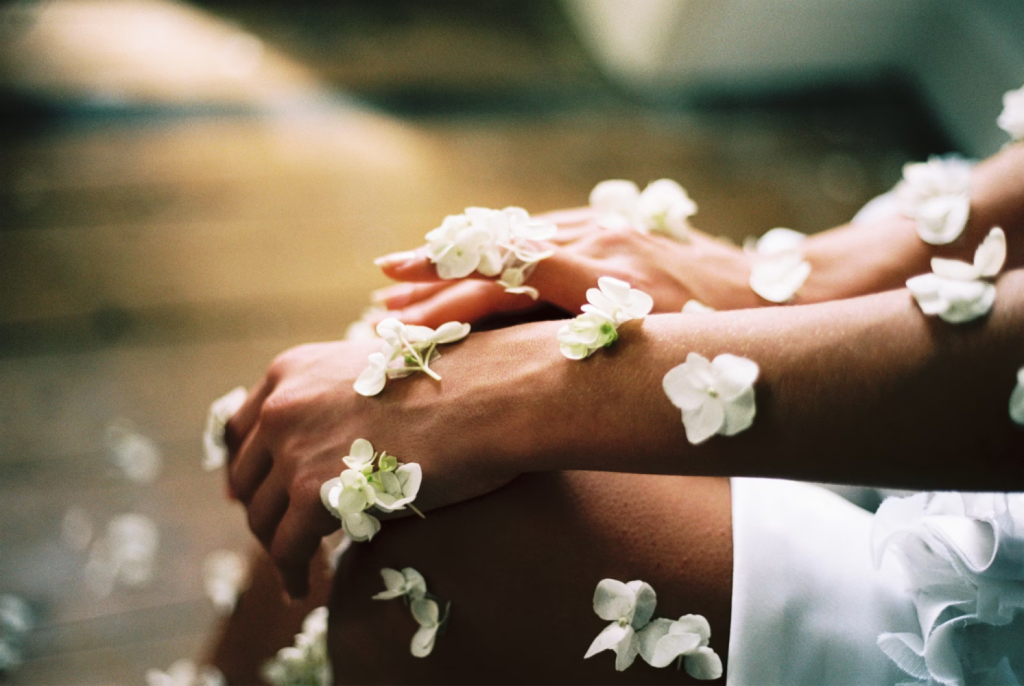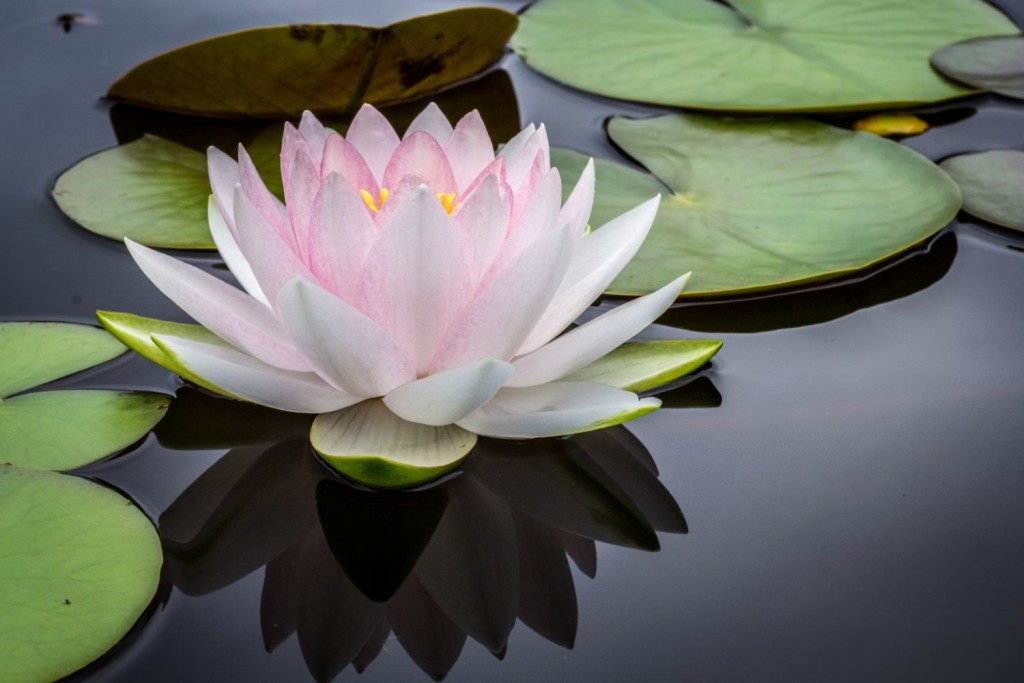Flowers have been cherished for their beauty and fragrance for centuries, but their role extends far beyond mere decoration. In the realms of aromatherapy and wellness, flowers serve as a vital supply, offering a range of therapeutic benefits that can enhance physical and emotional well-being. Let’s explore tips from flower supply in Paris how flowers are used in wellness and why they are so beneficial.
The Power of Floral Scents
The use of flowers in aromatherapy leverages the natural oils extracted from petals, stems, and leaves. These essential oils capture the essence of the flower, providing both scent and therapeutic properties. Here’s how floral scents contribute to wellness:
- Stress Reduction: Scents like lavender and rose are renowned for their calming effects, helping to reduce anxiety and promote relaxation.
- Mood Enhancement: The uplifting aroma of flowers like jasmine and ylang-ylang can boost mood and alleviate symptoms of depression.
- Improved Sleep: Essential oils from flowers such as chamomile and lavender are often used to combat insomnia and promote better sleep quality.

https://unsplash.com/photos/person-surrounded-by-white-flowers-0Pf7fKRtDPI
Flowers Commonly Used in Aromatherapy
Certain flowers are particularly popular in aromatherapy due to their potent essential oils and wide range of benefits. Lavender is perhaps the most well-known flower in aromatherapy. Its soothing scent is used to reduce anxiety and stress, improve sleep quality, and alleviate headaches. Rose essential oil is another favorite, valued for its rich, intoxicating aroma. It’s often used to enhance mood and alleviate depression, promote skin health, and reduce stress and anxiety. Jasmine flowers produce a sweet, exotic scent that is both uplifting and relaxing. Jasmine oil is used to increase alertness and energy levels, reduce symptoms of depression, and promote feelings of well-being and confidence.
Incorporating Flowers into Wellness Routines
Using flowers as a supply in wellness routines can be incredibly versatile. Here are some practical ways to incorporate them into your daily life:
- Diffusers: Adding a few drops of essential oil to a diffuser can fill your home with a pleasant aroma, creating a calming or invigorating atmosphere depending on the oil used.
- Baths: Adding flower petals or a few drops of essential oil to your bath can create a spa-like experience, helping to relax muscles and calm the mind.
- Massage Oils: Mixing essential oils with carrier oils for massage can enhance the therapeutic effects of massage, aiding in relaxation and muscle recovery.
- Room Sprays: Creating a room spray with essential oils can freshen up your living space and provide ongoing aromatherapy benefits.

The Therapeutic Benefits of Flower Extracts
Beyond their use in aromatherapy, flowers are also used in various wellness products for their therapeutic properties. Flower extracts can be found in skincare products, dietary supplements, and even teas, offering a range of health benefits:
- Skin Care: Many flowers, like calendula and chamomile, have anti-inflammatory and antioxidant properties, making them excellent for soothing and healing the skin.
- Teas: Flower-based teas, such as chamomile and hibiscus, provide both health benefits and a calming effect, making them a great addition to a wellness routine.
- Dietary Supplements: Extracts from flowers like echinacea are used in supplements to boost the immune system and support overall health.
The role of flowers as a supply in aromatherapy and wellness is both extensive and profound. From their ability to reduce stress and improve mood to their therapeutic benefits in skincare and dietary supplements, flowers offer a natural, holistic approach to enhancing well-being. By incorporating the power of flowers into your daily routines, you can experience the myriad benefits they provide, making life not only more fragrant but also healthier and more balanced.












